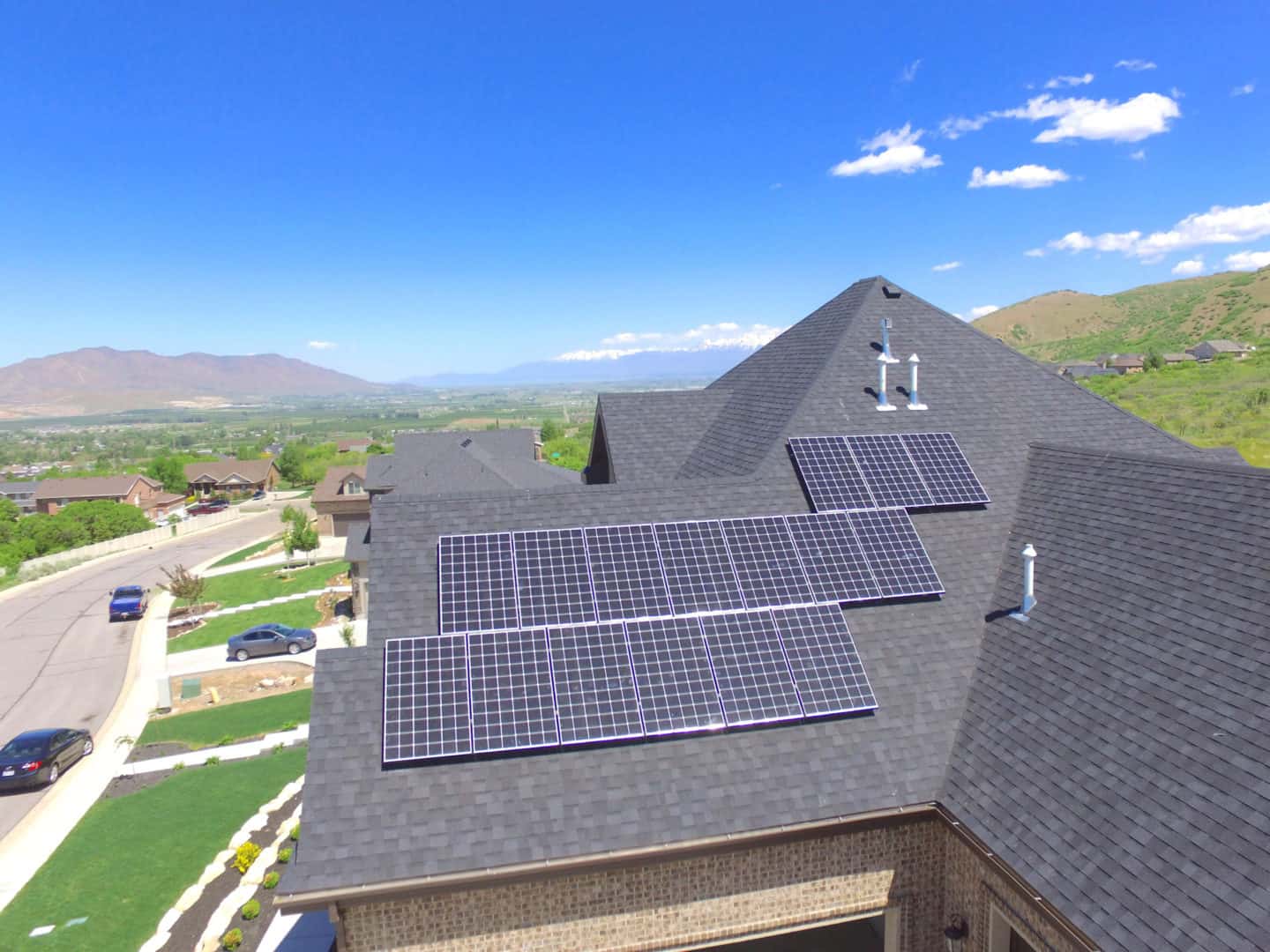Solar system installation is the one investment that is sure to last you a lifetime. Not only is it good for the environment, but going solar permanently reduces (or eliminates) your utility costs. The numerous benefits of a solar-powered household are undoubtedly tempting, but the price of the initial investment thwarts many people. Atlantic Key Energy breaks down the most relevant details that play a role in estimating the cost of a solar installation.
Factors to Consider When Estimating the Cost of a Solar Installation
When you look at the total price of a solar setup, you may feel discouraged even though your installer claims that going solar has never been more affordable. Before you dismiss the idea of roof savings altogether, it is crucial to understand what exactly comprises the final price.
The major part of the price is the hardware itself. Depending on how big of a module you need, you will have to spend more on the overall cost. It includes the panels, the inverters, and other hardware for mounting the panels on your roof.
Then, there is the cost of labor. Mounting those bulky panels on your house is no easy feat, especially if you have a particularly tall or complicated roof. Before the installer mounts the panels, they take care of the design as well, which also comes at a price.

Also, there is quite a bit of work with drawing the paperwork and obtaining the necessary permits for solar system installation. You can add the inspection fees somewhere in there as well.
Last but not least, there are the business expenses of the installer, such as running the office and finding customers. The installer may also incur the costs of landscaping your property to facilitate the installation.
What Affects The Price Of Solar Panels
The time has come to talk numbers. The price of a watt of power, the size of your system, and the available solar incentives have an impact on the cost of solar panels.
Price Per Watt For Your Area
In 2020, the average solar panel price per watt goes from $2.57 to $3.35 in the U.S. Those prices depend on where you live because different states have varying electricity rates. For instance, Florida is among the most affordable states when it comes to solar installation costs. The price here is $2.72 per watt. But that is just the starting point for estimating the cost of a solar installation.
The Size Of Your System
Knowing the average rates per watt of power in your area is undoubtedly significant, but what does that really mean? To answer that question, you have to determine how much electricity you will need your panels to generate. The more energy you need to power your home, the bigger the system you’ll need. Likewise, the bigger the system, the more it will cost to set up. An average-sized module installation in 2020 ranges from $11.411 to $14.874 after tax credits.
The Rebates In The State You Live In
The cost of a solar panel setup depends from state to state. Federal solar tax credit (ITC) reduces system costs by 26% in 2020. But you can also take advantage of the rebates and incentives offered by individual states. There are hundreds of solar incentives available nationwide. Check with your solar installer which ones are available in your state. Those rebates can be added to the federal tax credit to cut the cost of your solar system further.
Bottom Line
Don’t let the high cost of a bigger solar installation thwart you. Remember that while you do invest more initially, you will see substantial savings on your utility bill every month. By offsetting electricity bill expenses, solar systems pay for themselves within several years. The best way of estimating the cost of a solar installation is to get quotes from different installers. At Atlantic Key Energy, you can get a free quote and also take our free solar survey to check whether your roof qualifies for solar!
You Might Also Be Interested In These Installation Topics
Looking For the Best Solar Installers?
Get a Free Quote For Solar Installation
Consider Residential Solar Installation at Affordable Cost




